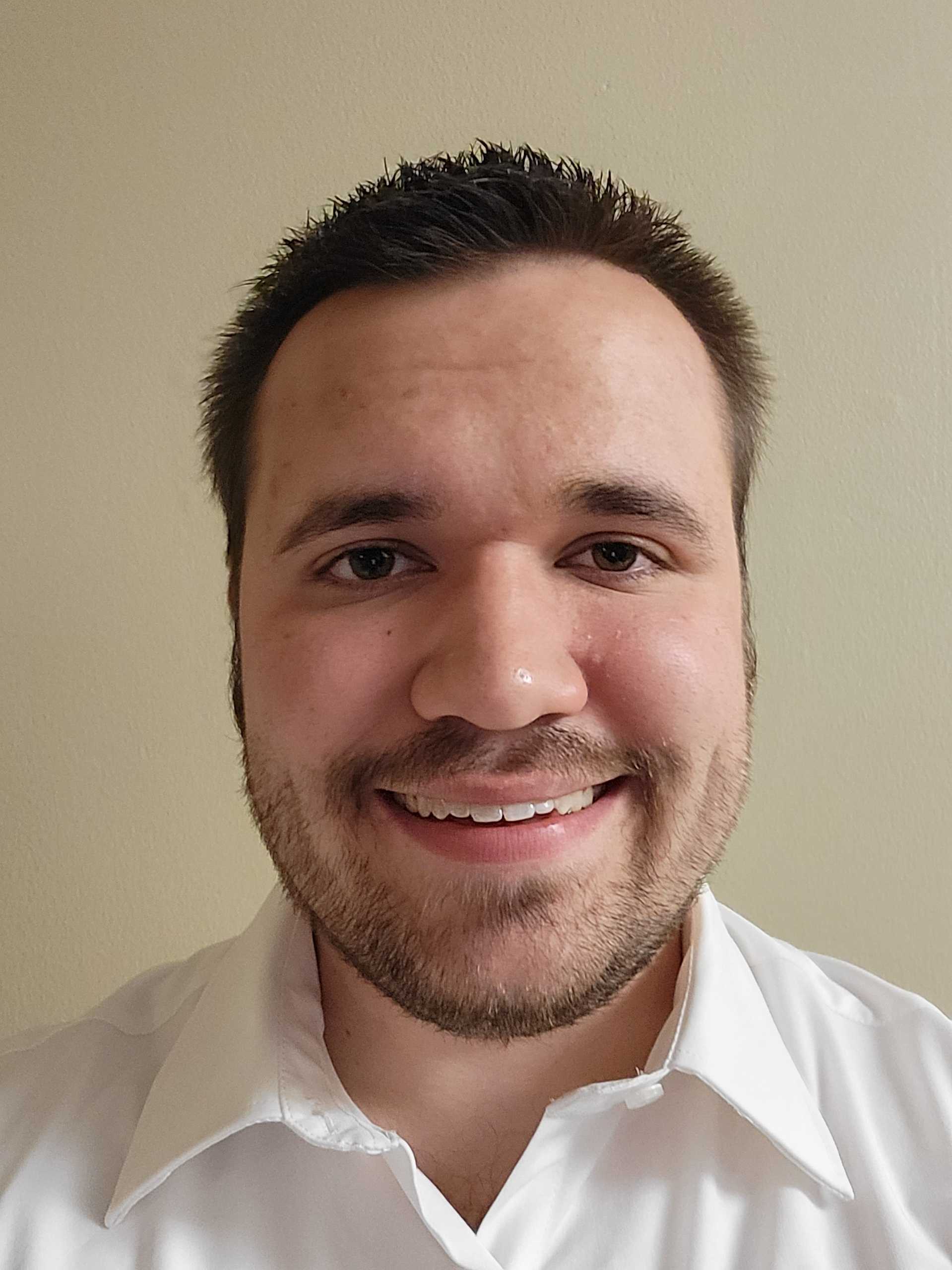Interview with Xavier Heipp, Senior Theater Performance Major

Xavier Heipp is a senior theater performance major at ŃýĽ§Ö±˛Ą State University with a double minor in pre-law and philosophy. Throughout his tenure at ŃýĽ§Ö±˛Ą State, Heipp has been an active member of multiple student organizations in the School of Theater and Dance such as All In[clusive], Bachelor of Arts Theater Student Alliance, and he serves as president of Transforum Theatre. He has also worked as the Nursing Simulation Coordinator for ŃýĽ§Ö±˛Ą State’s College of Nursing and has been featured in an episode of The Research Review podcast. Most recently, Heipp received the School of Theater and Dance’s Best Dramaturg Award for his involvement in ŃýĽ§Ö±˛Ą State’s production of Much Ado ŃýĽ§Ö±˛Ą Nothing. He also won first place in the Summer Undergraduate Research Experience. Through his research, Heipp compiled a resource book that breaks down Shakespeare’s most commonly taught plays in order to better facilitate the teaching of Shakespeare in both high school and collegiate classrooms. Heipp’s book Conjuring “Shakespeare’s Kings, Witches, and Fools” will be published by the end of 2022. Xavier was recently featured in an episode of The Research Review podcast, and he details his experience with the SURE program. To listen to the episode, go to Xavier's episode on on Spotify
How did you hear about the SURE program and what pushed you to apply?
The School of Theater and Dance had done its Spring play as “Much Ado ŃýĽ§Ö±˛Ą Nothing”, and I auditioned because I am a giant Shakespeare-nerd. We were required to have one Shakespearean monologue and any other monologue of your choosing for the audition; I had done two Shakespeare monologues. While I didn’t get cast, Tom Hughes, the stage manager, emailed me and asked if I would be interested in being involved as the student dramaturg. I was then introduced to Yuko Kurahashi, PhD, and we were co dramaturges for the production. Our job was to conduct external research to inform the show and provide notes that the director may not have caught. The entire experience was really fun. Dr. Kurahashi recognized my passion for research and suggested that I partake in the SURE program over the summer.
Why did you pursue this topic?
I had loved researching Shakespeare as a student dramaturg, and I’ve always gotten excited at the opportunity to learn more about Shakespeare; however, I’ve always thought that Shakespeare is taught poorly in schools. Dr. Kurahashi and I came up with the idea to make a comprehensive book to make it easier for teachers to teach and students to learn in both collegiate and high school classrooms.
What did the process look like?
We decided that the main core of the book would be broken down into five of his most commonly taught plays: “Much Ado ŃýĽ§Ö±˛Ą Nothing,” “Midsummer Night’s Dream,” “Romeo and Juliet,” “Macbeth,” and “King Lear.” Each week in the program was dedicated to one of the plays. At the beginning of the week, I would read the play, breakdown each scene, and make a vocabulary list of every word that may not be understood. Dr. Kurahashi and I would meet the following day to discuss and review famous movie adaptations and stagings to include. Apart from analyzing and explaining why each adaptation was unique, we also created discussion questions that teachers could use to focus on themes, character relations, etc.
What are your future plans with the research you have done thus far?
Recently, we have expanded upon our research because I realized we did not provide much information on Shakespeare himself, his life, his most common themes, how he has impacted culture on a worldwide scale, and his contemporaries such as Ben Johnson and Christopher Marlowe. Dr. Kurahashi also highlighted that there is a lack of research on 18th and 19th century theater in England.
How did participation in the 3-Minute presentation impact you?
I'm not going to lie, that is probably a highlight of this whole project. Being the theater nerd that I am, I decided not only to push that to the limit but also had it completely memorized. At the awards ceremony, they picked five of the thirteen winners to present again in front of the entire SURE program. I was one of the people they picked, and I loved that experience. Particularly, I loved the diversity of the different projects and the ability for anyone to participate. There is no limit to major; if you can think of a project, you can absolutely do it.
What did first place mean for you and your research?
It made me feel recognized, and it reminded me that my research is capable of making a positive difference. Winning first place also showed me how much I’ve grown throughout my four years at KSU. When I began as a freshman, I would not have believed you if you told me that I was going to graduate as a published author. I am inspired to take on any opportunity that I am presented with.
What role did KSU and its faculty play in your success?
I’ll just come right out and say it; I would not have been able to do any of this without Dr. Kurahashi. She was a lifesaver throughout the entire process by constantly guiding me, introducing me to programs and methods that make research easier, and she continues to help me as we expand our research. I am eternally grateful.
Written by: Angelina DiFranco
